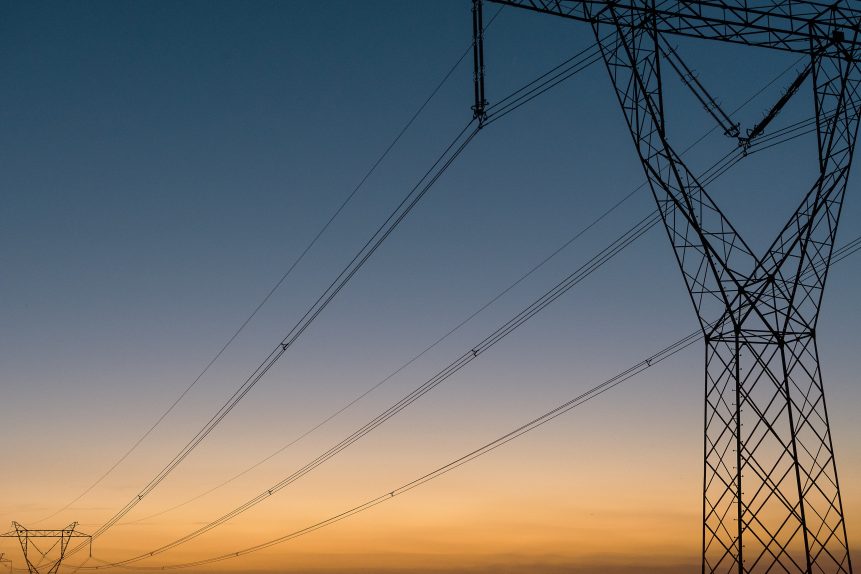No Vermonter should have to worry that their utilities could be disconnected during this pandemic because they are unable to make bill payments.
Last March, the Vermont Public Utilities Commission (PUC) issued an order halting all involuntary utility disconnections in the wake of the emerging COVID crisis. That order is set to expire in just over a week, but many Vermonters are still reeling from the effects of the pandemic. That’s why VPIRG has led a coalition of 20 other organizations to support Vermont Legal Aid’s call for the PUC to continue the moratorium until the state of emergency in Vermont is lifted.
Even as Vermonters begin to receive vaccinations and an end to the pandemic appears to be in sight, the utility arrearage problem has continued to spiral out of control. Since January of 2020, arrearages to the 5 largest utilities in the state have increased almost five-fold from $3.9 million to $18.8 million, even with over $8.5 million paid out through the Vermont COVID-19 Arrearage Assistance Program (VCAAP) from October through December.
Crucially, though the moratorium was temporarily lifted last October, the State was prepared to support Vermonters with federal funds through VCAAP. Though work continues to deploy the Emergency Rental Assistance funds from the December federal stimulus bill towards overdue utility bills, that program will not be available to homeowners. And while additional $50 million has been made available through the recent American Rescue Plan Act, utility payment assistance through those funds will not be accessible to Vermonters for some time.
A recent report released by the Center on Biological Diversity illustrated the urgency of this problem, and the associated costs to our most vulnerable communities: “Utilities have been disproportionately burdening low-wealth communities and those of color with high energy costs and shutoffs for years. But during a public health emergency, when Americans have been asked to stay home to protect their own health and that of others, losing power and other essential utility services is particularly dangerous.” It goes on to cite a study by the National Bureau of Economic Research that estimates that from March 2020 to November 2020, COVID-related deaths could have been reduced by 14.8% (or, as applied to the 525,000 American lives lost to COVID as of March 8th of this year, 77,700 lives) if moratoria on disconnections had been in place across the U.S.
We were grateful when PUC reinstated the moratorium last December and strongly support coextending the moratorium with the state of emergency, beyond when it is set to expire at the end of March.
The bottom line is we should not risk even one Vermonter suffering utility disconnections in the midst of a pandemic due to a lack of state action. Many Vermonters are still not eligible for vaccination, and, without the moratorium, could be driven into unsafe situations that may include seeking refuge with friends or family in violation of the statewide ban on multi-household gatherings. This could in turn contribute to another spike in COVID cases just as the end of the pandemic is in sight. Children could functionally be forced out of school, with so much learning taking place on computers – which of course require electricity.
None of us know what the coming weeks or months of this pandemic will bring, though there are reasons to be optimistic. There is no reason that the State of Vermont should allow utilities to be shut off just as we are starting to recover from COVID-19 — particularly while the statewide moratorium on evictions and foreclosures has already been tied to the state of emergency. Utilities are essential to safe, healthy housing, and as long as the state of emergency exists, the State should not allow utilities, no matter how well-intentioned, to remove Vermonters’ access to safe, healthy housing – just like we are not allowing financial institutions or landlords to do so.
We hope the PUC will make the right decision and extend the moratorium on utility disconnections.

